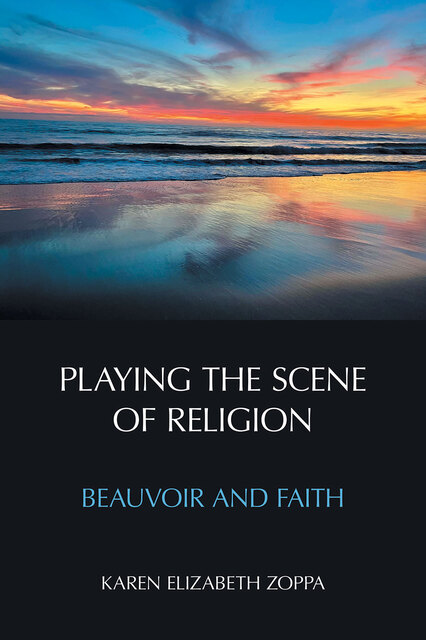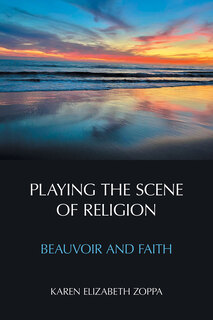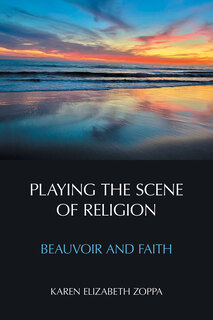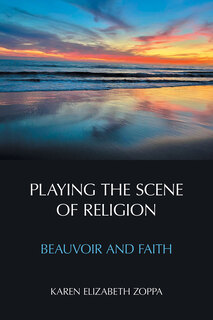Complete Collection
Encounters & Identities
Philosophy
Theory & Method
ACCESS
Authorized users can access the eBook using institutional credentials or personal password via the Read PDF tab.
Playing the Scene of Religion
Beauvoir and Faith
2022 AAR Book Awards Finalist
Award for Excellence in the Study of Religion, Constructive-Reflective Studies
Simone de Beauvoir, one of the most famous existential philosophers of the 20th century, is a confirmed atheist. Despite this, she also engages and reassigns faith, that faith that is usually associated with ‘religion,’ and iterates it in the service of her existential ethics. Beauvoir’s ethic is founded in the axiom that ‘I concern others, and they concern me. There we have an irreducible truth.’ From this assumption, she articulates the principles for living an ethical life which honours above all the freedom of the other in a world fraught with contingency and ambiguity. In so doing, she enjoins us to undertake our efforts in generosity and risk, in faith toward each other, because only by doing so can we achieve the transcendence given in the existential condition. In this movement, Beauvoir confirms and performs a different reading of religion: religion as the scene of the self and other, of the appeal and response, of the holy and the faithful, which constitutes the history of European civilization. Following a certain thread in the discourse on religion given in Jacques Derrida and Michel de Certeau, this study proposes a theoretical apparatus for ‘religion’ which offers a different appreciation of Beauvoir’s ethics.
This study has two agendas: to interrogate popular notions of religion by reading it, out of Derrida and Certeau, as a signifier for a situated historical scene; and to show the existential philosophy of Beauvoir as a performance of that scene. In particular, it shows how the structure of relationships she presents in her ethics clearly reproduces the rhythms of the scene of religion. One of the implications of this reproduction is that existential philosophy can only emerge in the context of religion, and is necessarily an iteration of religion. The other implication is that we might reassess how we code the category ‘religion’ in our public and private discourse, with all the disruption that such a different coding might entail.
ISBN-13 (Hardback) 9781800500617
Price (Hardback) £60.00 / $80.00
ISBN-13 (Paperback) 9781800500624
Price (Paperback) £24.95 / $34.95
ISBN (eBook) 9781800500631
Price (eBook) Individual £24.95 / $34.95
Institutional £60.00 / $80.00
Publication 28/10/2021
Pages 140
Size 234 x 156mm
Readership scholars and advanced students
Information and Interactive Edition
Author Information
- This text has 0 annotations
- This text has 0 highlights
Book Information
- This text has 0 annotations
- This text has 0 highlights
Interactive Edition (Access Restricted)
- This text has 0 annotations
- This text has 0 highlights
Metadata
- isbn9781800500631 (eBook)
9781800500617 (Hardback)
9781800500624 (Paperback) - publisherEquinox Publishing Ltd., 2021
- publisher placeSheffield (U.K.)
- doi
We use cookies to analyze our traffic. Please decide if you are willing to accept cookies from our website. You can change this setting anytime in Privacy Settings.




